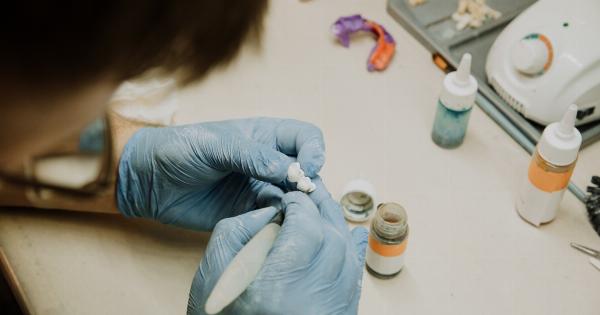Homemade alcohol, also known as moonshine, has gained popularity in recent years. Many people enjoy the process of creating their own alcoholic beverages, whether for personal use or to share with friends.
While the idea of making your own alcohol may seem appealing, it is important to understand the risks associated with this practice. In this article, we will explore the dangers of using homemade alcohol and why it should be approached with caution.
1. Lack of Quality Control
When it comes to homemade alcohol, the lack of quality control is a major concern. Unlike commercially produced alcoholic beverages, which are subject to strict regulations and standards, homemade alcohol is not subjected to the same level of scrutiny.
This means that there is no guarantee of the quality or safety of the final product.
2. Inconsistent Alcohol Content
One of the biggest risks of homemade alcohol is the inconsistent alcohol content. Without the proper equipment and expertise, it is difficult to accurately measure the alcohol content of homemade beverages.
This can lead to unexpected and potentially dangerous levels of alcohol in the final product. Consuming alcohol with high alcohol content can lead to alcohol poisoning and other serious health issues.
3. Contamination
Another risk of using homemade alcohol is the potential for contamination. Without proper sanitation procedures, homemade alcohol can become contaminated with harmful bacteria or other pathogens.
Consuming contaminated alcohol can lead to food poisoning symptoms such as nausea, vomiting, and diarrhea. In severe cases, it can even result in hospitalization.
4. Methanol Poisoning
Methanol, also known as wood alcohol, is a byproduct of alcohol fermentation that is present in small amounts in commercially produced alcoholic beverages. However, in homemade alcohol, the levels of methanol can be much higher.
Methanol is toxic and can cause severe poisoning if ingested in large quantities. Symptoms of methanol poisoning include abdominal pain, blurred vision, dizziness, and even blindness.
5. Legal Consequences
In many jurisdictions, the production of homemade alcohol is illegal or highly regulated. Engaging in the production of homemade alcohol can lead to legal consequences such as fines and even imprisonment.
It is important to be aware of the laws in your area and to comply with them to avoid legal trouble.
6. Fire and Explosion Risks
The process of distilling homemade alcohol involves the use of heat sources, which can present a fire and explosion risk if not handled properly. Alcohol vapors are highly flammable, and without the proper equipment and knowledge, accidents can happen.
In extreme cases, fires and explosions can lead to severe injuries or even fatalities.
7. Lack of Labeling and Allergen Information
Commercially produced alcoholic beverages are required to disclose all the ingredients used and any potential allergens present. However, with homemade alcohol, there is no legal obligation to provide this information.
This can be extremely dangerous for individuals with allergies or dietary restrictions, as they may unknowingly consume something that could cause a severe reaction.
8. Unintentional Drug Interactions
Homemade alcohol may sometimes contain substances or additives that can interact with medications or other drugs.
Without proper knowledge of the ingredients and potential drug interactions, consuming homemade alcohol can pose an additional risk to individuals who are taking certain medications or drugs. These interactions can lead to adverse effects and harm the user’s health.
9. Lack of Expertise
Producing high-quality alcohol requires a certain level of expertise and knowledge. Without proper training, it is difficult to ensure that the homemade alcohol is safe for consumption.
Commercial alcohol producers undergo rigorous training and testing to ensure their products meet quality standards. Attempting to make alcohol without the necessary expertise can lead to a subpar product with potential health risks.
10. Encouragement of Excessive Alcohol Consumption
The ease of accessibility and low cost of homemade alcohol may encourage excessive alcohol consumption. Homemade alcohol is often readily available and can be consumed in larger quantities than one may realize.
Excessive alcohol consumption can lead to a wide range of health problems, including liver damage, addiction, and even death.





























